The Right Time to Partner with an Artist: A Strategic Guide for Brands (Part 2)
InPart 1, we discussed how timing can turn a five-figure partnership into a seven-figure headache almost overnight. But timing is more than just a...

The D2C business model has been around for centuries, but lately, D2C has been experiencing a serious glow up.
Direct-to-Consumer commerce has been steadily and rapidly growing (at double digit rates) for several years . . . and then increased by an astonishing 45.5% in 2020. If you’ve read the previous installments of this series, you can probably guess the factors driving this growth:
But what is driving individual brand growth? Which D2C brands are “doing it right” and what exactly does “doing it right” mean?
The most successful D2C brands have shifted their strategy from an individual-focused but primarily transactional approach to an individual-centric approach focused on relationship building (from “D2C” to “D2ME”). While access to data is important, what is more important is what brands actually do with that data; D2ME brands see data as a way to better understand people and make decisions based on that understanding.
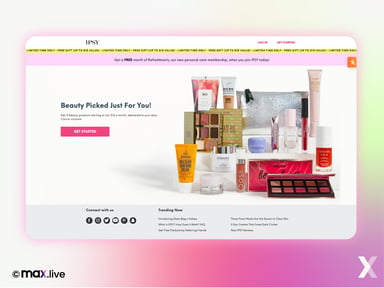 We’re going to start off by talking about a brand that is absolutely nailing D2ME. IPSY is thriving in the me-conomy by creating new levels of personalization and capitalizing on convenience. The largest beauty subscription service in the world:
We’re going to start off by talking about a brand that is absolutely nailing D2ME. IPSY is thriving in the me-conomy by creating new levels of personalization and capitalizing on convenience. The largest beauty subscription service in the world:
IPSY’s success depends on deep levels of understanding and trust that they have cultivated with people. In order to receive bespoke makeup “glam bags,” people willingly tell the brand their preferences on everything from their skin type to their favorite lip colors. IPSY has an in-depth profile (that can be constantly updated to meet changing individual preferences) for each and every one of their customers. These customer profiles allow the brand to maintain relevance on an extremely personal level with people. IPSY’s business model also allows cosmetics brands to field-test their products and receive direct feedback in real time.
From the beginning, IPSY has also marketed themselves as a values-driven brand. They emphasize inclusivity, partnering with beauty experts of all shapes, skin colors, and genders, striving to democratize the world of beauty and cosmetics by celebrating uniqueness. Their glam bags feature products that are clean, sustainable, cruelty-free, and often vegan. The brand showcases brands owned by historically marginalized people (woman owned, Black owned, LGBTQIA+ owned, etc.) and celebrates diversity, all the way from their suppliers to their customers, who benefit from IPSY’s commitment to “unparalleled personalization.”
Subscription services (like IPSY) illustrate the level of trust that brands can develop with people. When we sign up for a subscription service, we willingly hand over information about ourselves and our preferences, trusting that brands will understand us and give us what we didn’t even know that we wanted. We trust that brands will understand who we are and deliver curated products directly to our doorstep—and the less we have to think, the better. In a world often characterized by distrust of brands and how they use our information, subscription services prove that it is possible for brands to develop trust and loyalty with people.
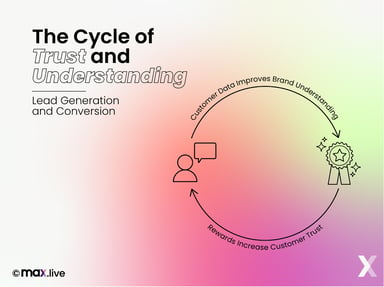 Developing this level of trust is important for all brands, not just subscription services. People’s willingness to share information will be even more important as privacy laws are strengthened and data that marketers have relied on in the past (gathered from cookies and other third-party sources) is harder to come by. The brands that can nurture relationships with people will continue to thrive in the me-conomy.
Developing this level of trust is important for all brands, not just subscription services. People’s willingness to share information will be even more important as privacy laws are strengthened and data that marketers have relied on in the past (gathered from cookies and other third-party sources) is harder to come by. The brands that can nurture relationships with people will continue to thrive in the me-conomy.
D2ME brands also excel at captivating people’s interest and enticing them to enter the spaces controlled by the brands, whether that means visiting brands’ owned websites or subscribing to email lists. D2ME brands create customer-centric content, designed to make people feel seen. In return, these brands see a high email conversion rate and collect even more data to better understand and serve their customers.
Traditional brands can adopt D2ME marketing methods in a number of ways, but it all needs to start with centering the customer experience and earning people’s trust. In order to persuade people to share their information directly, brands should offer people something in return and ensure that the information shared is safe and protected. Lead generation should come from a place of understanding and respect that gives both brands and the people sharing their information with those brands something of value.
MAX Insights:Understanding who people are at their core, and how people use music to define the most personal parts of themselves, is what we do best . . . so we’re going to take a minute here to brag on ourselves a little bit. We start with a vast database of audience demographic, psychographic, and behavioral attributes. We then analyze these millions of data points to help us truly understand the people represented in this data. Finally, we reach people through music, a passion point that we share. Want to reach Millennials with Caribbean heritage in the Northeast? We know exactly who they are listening to! How about bicultural women with Mexican heritage in Texas? We know the precise, niche genre to reach them. We also know that music allows you to form close, personal bonds with people through and across cultures. If you want to show people that you understand them and are like them, there is no better way than through music. At MAX, we help brands partner with artists who authentically resonate with a specific audience, which opens the door for those brands to drive deeper, direct relationships with people (and even generate leads!) by offering fans unique access to the artist. |
D2C (or D2ME) brands are having a moment. Their ability to deliver convenience and personalization is definitely a factor, but the biggest factor in their success is a customer-centric business model based on understanding and respecting people. Traditional brands need to nurture direct relationships with people and work to understand, not just their changing preferences, but who they are at their core.

InPart 1, we discussed how timing can turn a five-figure partnership into a seven-figure headache almost overnight. But timing is more than just a...

Let me give it to you straight. Is Coachella dead? Nah. But for a lot of fans, it’s definitely not alive in the way it used to be. What once felt...
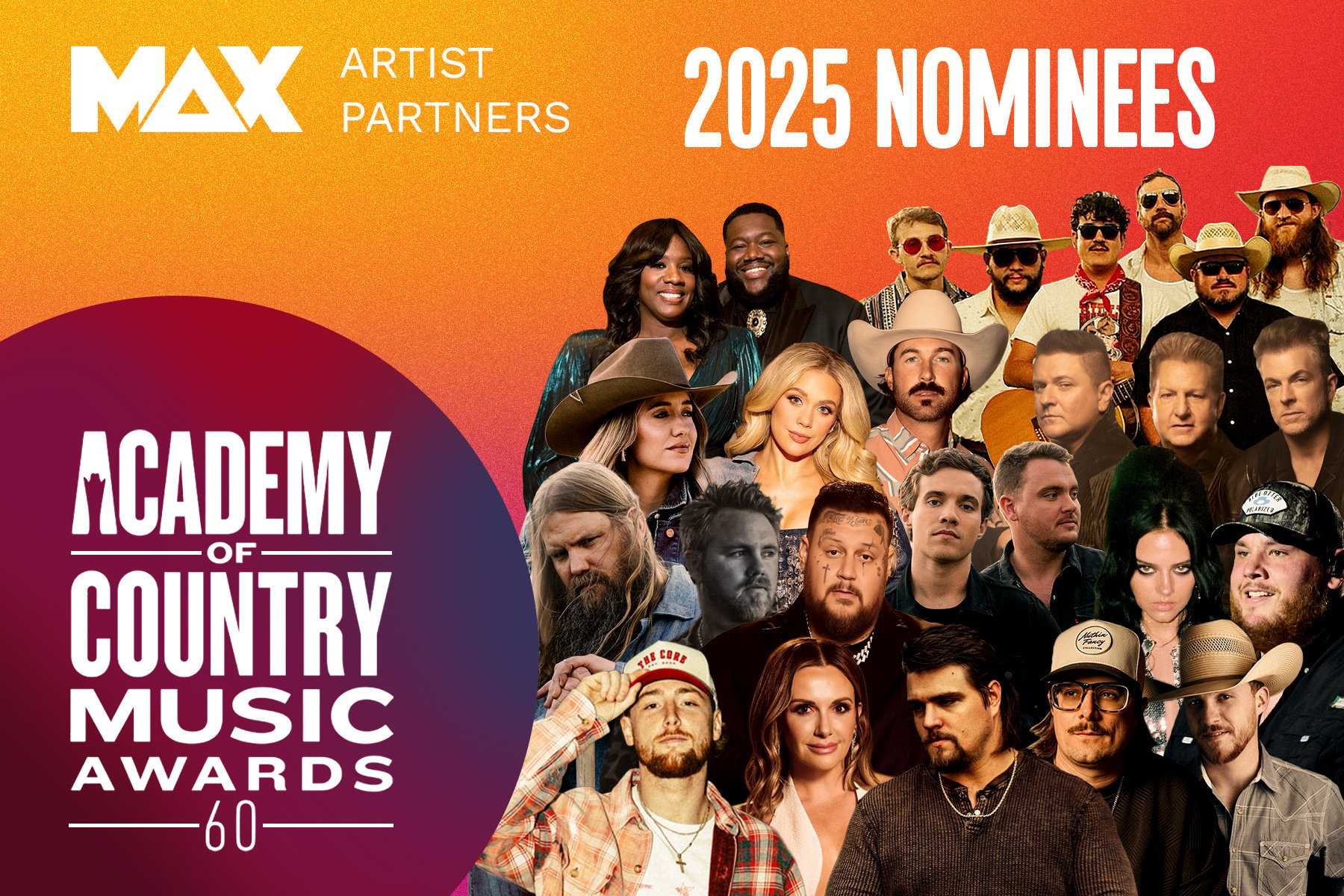
We’re beyond thrilled to celebrate our incredible MAX artist partners who’ve secured nominations for the 2025 Academy of Country Music Awards—our...
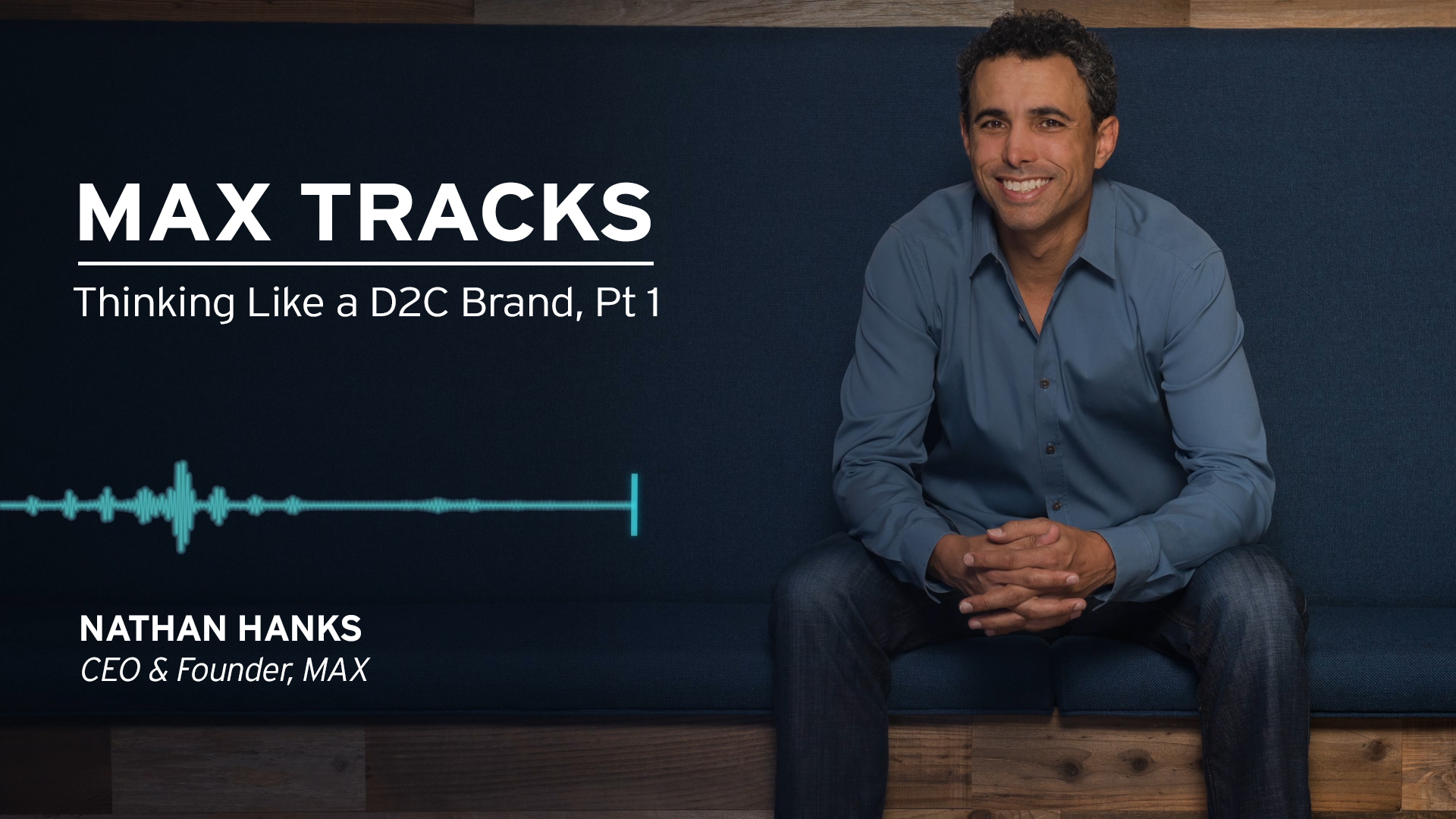
D2C brands have a lot of lessons to offer all of us and particularly music artists, as marketers. First, what are D2C brands? Most people get in...
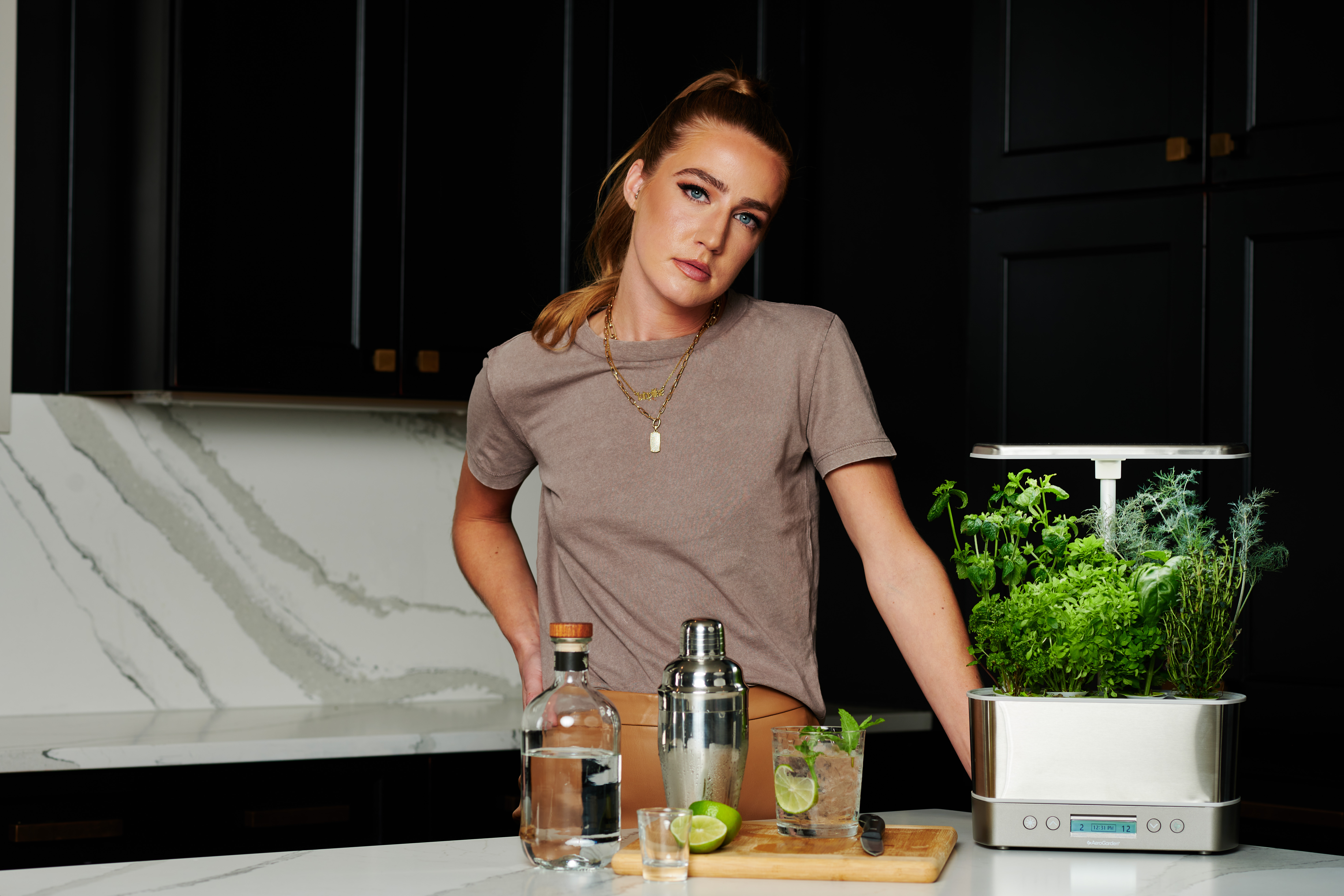
GRAMMY nominations have been announced! We are so excited that FIVE of the artists we’ve partnered with at MAX have received nominations - some of...

GRAMMY nominations have been announced! In this blog series, we've been taking a deeper look the FIVE of the artists we’ve partnered with at MAX who...